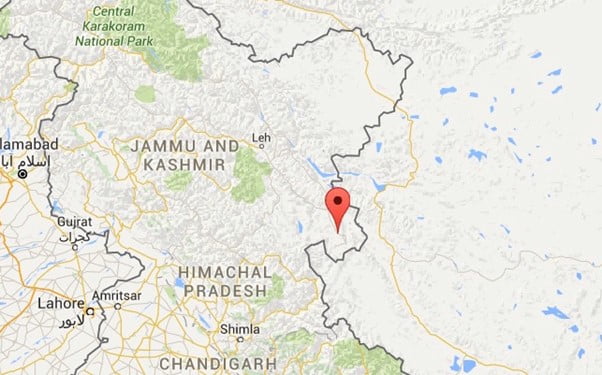Science and Technology
In News: In a first-of-its-kind initiative, the Department of Science & Technology (DST) has announced the setting up of India’s first Dark Sky Reserve in Hanle, Ladakh.
- Hanle, which is about 4,500 metres above sea level, hosts telescopes and is regarded as one of the world’s most optimal sites for astronomical observations.
- A visitor centre would also be set up to inform people not only about astronomy but also the wildlife and plant life in the adjoining Changthang Wildlife Sanctuary.
A Dark Sky Reserve
- It is a designation given to a place that has policies in place to ensure that a tract of land or region has minimal artificial light interference.
- The International Dark Sky Association is a U.S.-based non-profit that designates places as International Dark Sky Places, Parks, Sanctuaries and Reserves, depending on the criteria they meet.
Significance:
- Help in boosting local tourism and economy through interventions of science and technology.
- To promote astro-tourism –
- Villages around Hanle will be encouraged to promote homestays equipped with telescopes that visitors can use to view the night sky.
- Villagers and residents will also be trained to help visitors with astronomical observations.

Hanle: The Himalayan Chandra Telescope (HCT), High Energy Gamma Ray telescope (HAGAR), the Major Atmospheric Cherenkov Experiment Telescope (MACE) and GROWTH-India are prominent telescopes located at the Hanle observatory.
Source: The Hindu











